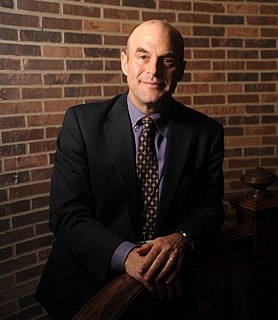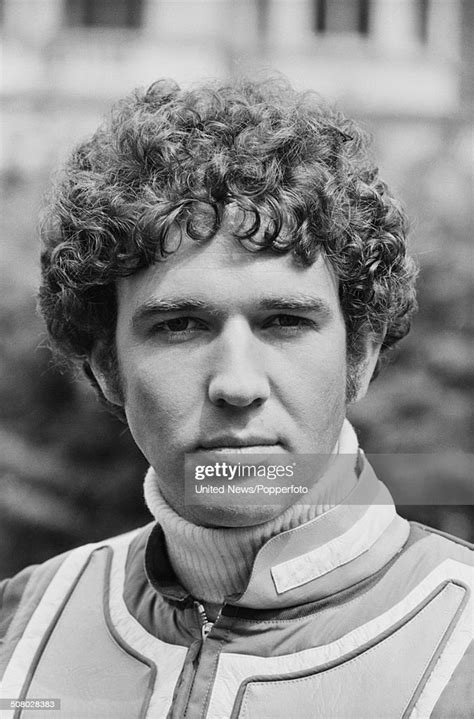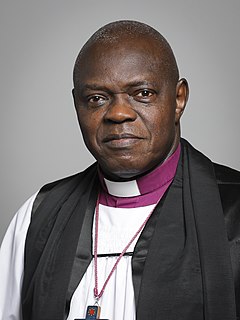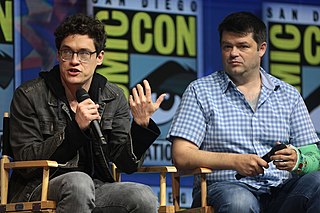A Quote by Ruth Bader Ginsburg
In most civil law systems there are no dissents. There is a single opinion for the court: it is unanimous; it is highly stylized; you can't tell which judge wrote it.
Related Quotes
[Barack] Obama's executive amnesty has been frozen via a stay by a judge on the appellate court. You remember, this is the judge that discovered the Defense Department lawyers were lying to him in open court, and instead of actually sanctioning them, he demanded that they go to a new ethics course to learn the proper behavior and decorum and the law in court, that you just can't lie with impunity to a judge.
Dissents speak to a future age. It's not simply to say, 'My colleagues are wrong and I would do it this way.' But the greatest dissents do become court opinions and gradually over time their views become the dominant view. So that's the dissenter's hope: that they are writing not for today but for tomorrow.
I think whether you are a judge on my court or whether you are a judge on a court of appeals or any court, and lawyers too - and if you're interested in law yourself, you'll be in the same situation - you have a text that isn't clear. If the text is clear, you follow the text. If the text isn't clear, you have to work out what it means. And that requires context.
For every crime that comes before him, a judge is required to complete a perfect syllogism in which the major premise must be the general law; the minor, the action that conforms or does not conform to the law; and the conclusion, acquittal or punishment. If the judge were constrained, or if he desired to frame even a single additional syllogism, the door would thereby be opened to uncertainty.
The Supreme Court is about the Constitution. It is about constitutionality. It is about the law. At its bear simplest, it's about the law. It is not about the Democrat Party agenda. Because that's what it's become. The whole judiciary has become that because that's the kind of people they have put on various courts as judges, and every liberal justice on the Supreme Court is a social justice warrior first and a judge of the law second. And if they get one more, then they will have effectively corrupted the Supreme Court.
If the rights of civil partners are met differently in law to those of married couples, there is no discrimination in law, and if civil partnerships are seen as somehow 'second class' that is a social attitude which will change and cannot, in any case, be turned around by redefining the law of marriage.
There has been no clearer principle of English or American constitutional law than that, in criminal cases, it is not only the power and duty of juries to judge what are the facts, what is the law, and what is the moral intent of the accused; but that it is also their power, and their primary and paramount duty, to judge the justice of the law, and to hold all laws invalid, that are, in their opinion, unjust or oppressive, and find all persons guiltless in violating, or resisting the execution of, such laws.





























